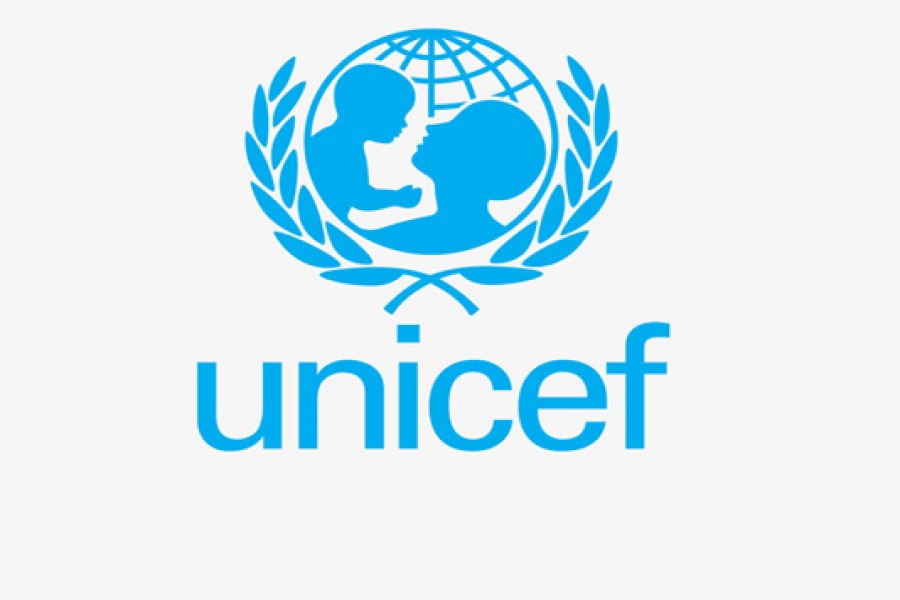UNICEF spent over US$ 550 million to deliver emergency and life-saving supplies to children in urgent need of assistance last year since famine, droughts, conflict and malnutrition threatened the survival of millions in 2017.
This is the agency’s highest expenditure on supplies for humanitarian crises, according to an UNICEF press release received in Dhaka on Thursday, reports BSS.
In 2017, drought and armed conflict devastated children’s lives in South Sudan, Yemen, Somalia and north-east Nigeria, the release said, adding some 22 million children were left hungry, sick, displaced and out of school in the four countries while nearly 1.4 million children were at imminent risk of death from severe malnutrition.
In response, UNICEF sent US$ 122.4 million worth of nutritional products, including Ready-to-Use Therapeutic Food, milk, high-energy biscuits and anthropometric equipment to weigh and measure children.
In the Horn of Africa, where droughts exacerbated a large-scale nutrition crisis, UNICEF delivered nearly a quarter of its global therapeutic food to save hundreds of thousands of children affected by acute malnutrition.
More than half of this product was manufactured by local suppliers in countries where UNICEF has nutrition programmes, which helped improve efficiency and support local markets.
Besides nutrition-related supplies, UNICEF also sent life-saving water and sanitation supplies, vaccines and pharmaceuticals, as well as education and clothing items to children and families caught in, or displaced by conflict, natural disasters and other crises across 61 countries.
Most emergency supplies went to the Rohingya people in Bangladesh, Yemen, the Horn of Africa, Syria, the Lake Chad region and South Sudan.
To serve Rohingya people in Bangladesh, logistics services were rapidly put in place, while water, sanitation and health supplies were delivered to deal with simultaneous cholera outbreaks around the world.
In Yemen alone, where almost 22 million people were affected by food insecurity and a crumbling health system, UNICEF provided over 900 million purification tablets, 1,800 acute watery diarrhea kits and 33 million doses of vaccines.
In 2017, UNICEF and its partners also substantially reduced vaccine prices, the release said, adding that for the first time, a full round of vaccines for a child under the age of one is available at under US$ 18 for low-income countries – down from the 2013 price of US$ 24.46.
In total, UNICEF procured US$ 3.46 billion worth of supplies and services for children in 150 countries and areas last year. UNICEF works in some of the world’s toughest places, to reach the world’s most disadvantaged children. It works across 190 countries and territories for every child, everywhere, to build a better world for everyone.


